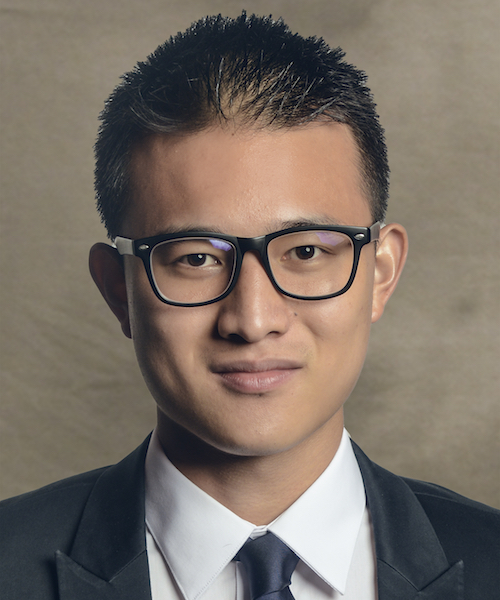
Grassroots Experience Promotes More than Creative Thinking
Amy Duan | November 30, 2016
Responding To: How U.S.-China Young People's Perspectives Influence Critical Global Issues
Zhihang Du
University students are usually regarded as “future” leaders, who will translate the thinking power into real power in five or 10 years. Yet, apart from the power they expect to accumulate in the future, I believe university students from China and the United States already have the ability to impact the global discussion.
A combination of academic strength and local experience has prepared university students to participate in global discussion. In the university, they learn the basic research methods and theories, and their internships in local institutions and business entities can update them with the new developments in the industry. When there is a need to discuss certain topic within their area of study, they can quickly assemble the information. When I was a visiting student at Columbia University, my journalism professor Mr. Shudson and I had extensive discussions on journalism and people’s legal awareness in China and the United States in class and during his office hours. Although he would sometimes ask me difficult questions, it wasn’t so difficult to answer them because I already had gained enough knowledge of Chinese journalism.
“Western mainstream reports on China are abundant but repetitive, resulting in fixed stereotypes. Chinese students can be an alternative source of information, especially when official communication is limited,” said Ivy Yu, a Chinese postgraduate of International Relations and Affairs major at New York University. When she was an intern in Japan, local think tanks would sometimes consult her on certain political topics about China.
University students are a resource of public diplomacy for governments of both China and the United States. With their non-official status and flexible timetable, they can literally go anywhere at any time, making small-sized conferences, academic exchange and cultural communication possible at a wider range. This has been partly promoted by the government of both sides. In November 2009, the United States launched “100,000 Strong” initiative, “a national effort designed to increase dramatically the number and diversify the composition of American students studying in China”. During the sixth annual U.S.-China Consultation on People-to-People Exchange last year, China announced the plan to sponsor 10,000 Chinese to go to the United States to study each year during the next five years. In the meantime, other institutions, especially universities are also taking the important role of facilitating culture and academic exchange across the ocean.
University students are usually more idealistic, and sometimes their participation in the global discussion can be impeded by their lack of knowledge and experience. Sometimes, the younger generation is thought to be more and more alienated from “big issues” and dismissive of politics
as a form of entertainment [1]. Yet, they are also the ones that are closely connected with the society in new ways, such as social media and other new technologies. Sometimes, we see them initiate a movement or launch even a world-wide protest through Facebook.
To make a difference in global discussion of critical issues, university students from China and the United States don’t need to wait for the future, they can do it right now. With their knowledge and unique identity, they can be an alternative source of information and promote U.S.-China cooperation in a wider range. Hopefully, they may bring new perspectives to the existing discussions and take a bigger role in enhancing the U.S.-China relationship.
Zhihang Du is a senior of international journalism major at Beijing Foreign Studies University.
[1] Shudson, M. (2011) The Sociology of News (2nd edition). New York, W. W. Norton & Company.

Amy Duan | November 30, 2016

Caleb Huffman | November 30, 2016

David Lysenko | November 30, 2016

Richard Chang | November 30, 2016

Vicky Gu | November 30, 2016

Yuqian Zhang | November 30, 2016

Yuwen Long | November 30, 2016

Clay Garner | November 29, 2016